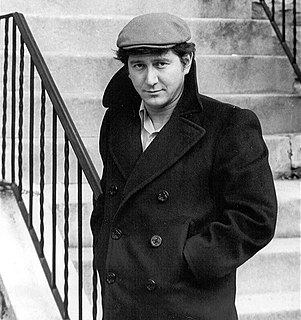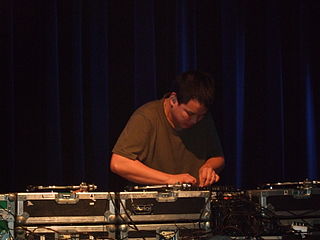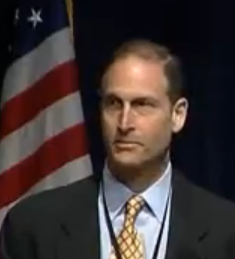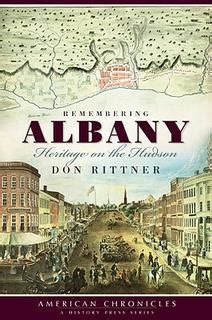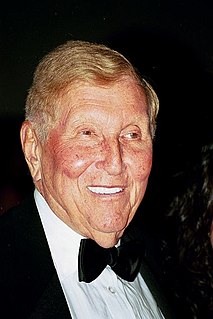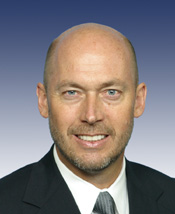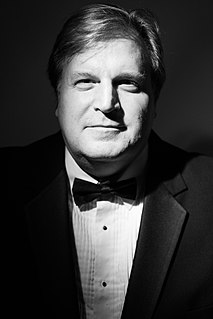Top 1200 Information Superhighway Quotes & Sayings
Explore popular Information Superhighway quotes.
Last updated on April 14, 2025.
A girl's social networking profile is a persona she constructs, a photoshopped billboard on the information superhighway. It also offers a salve for the anxiety so many girls feel about relationships, providing the answers to burning social questions like, What do other people think of me? Do people like me? Am I normal? Am I popular? Am I cool?
Data isn't information. ... Information, unlike data, is useful. While there's a gulf between data and information, there's a wide ocean between information and knowledge. What turns the gears in our brains isn't information, but ideas, inventions, and inspiration. Knowledge-not information-implies understanding. And beyond knowledge lies what we should be seeking: wisdom.
We have to remember that information sharing is restricted by legal barriers and cultural barriers and by the notion that information is power and therefore should be hoarded so if you share information you can extract something in exchange. In today's digital online world, those who don't share information will be isolated and left behind. We need the data of other countries to connect the dots.
In an information economy, entrepreneurs master the science of information in order to overcome the laws of the purely physical sciences. They can succeed because of the surprising power of the laws of information, which are conducive to human creativity. The central concept of information theory is a measure of freedom of choice. The principle of matter, on the other hand, is not liberty but limitation- it has weight and occupies space.
I don't think I had a role model. I just was very inspired by an article which I read in Forbes magazine around the information superhighway and the Arpanet and stuff like that. To me, that intuitively made sense, and when I decided to come to the U.S., I knew exactly what I wanted to go and write about.
A global society is coming into being, a global society that is made out of information that was not intended to be ours, but is ours, by the mistaken invention of computers and the printing press, information is power, and information has spilled by the clumsy hands of the dominator culture so that the information is everywhere, never before has the situation been so fluid, we might be able to finally have a crack at this
Well, there's a question as to what sort of information is important in the world, what sort of information can achieve reform. And there's a lot of information. So information that organizations are spending economic effort into concealing, that's a really good signal that when the information gets out, there's a hope of it doing some good.
What has happened is that genetics has become a branch of information technology. It is pure information. It's digital information. It's precisely the kind of information that can be translated digit for digit, byte for byte, into any other kind of information and then translated back again. This is a major revolution. I suppose it's probably "the" major revolution in the whole history of our understanding of ourselves. It's something would have boggled the mind of Darwin, and Darwin would have loved it, I'm absolutely sure.
We believe that we live in the 'age of information,' that there has been an information 'explosion,' an information 'revolution.' While in a certain narrow sense this is the case, in many important ways just the opposite is true. We also live at a moment of deep ignorance, when vital knowledge that humans have always possessed about who we are and where we live seems beyond our reach. An Unenlightenment. An age of missing information.
Well, there's a question as to what sort of information is important in the world, what sort of information can achieve reform. And there's a lot of information. So information that organizations are spending economic effort into concealing, that's a really good signal that when the information gets out, there's a hope of it doing some good...
Television is altering the meaning of 'being informed' by creating a species of information that might properly be called disinformation. Disinformation does not mean false information. It means misleading information - misplaced, irrelevant, fragmented or superficial information - information that creates the illusion of knowing something, but which in fact leads one away from knowing.
Information is now a commodity that can be bought and sold, or used as a form of entertainment, or worn like a garment to enhance one's status. It comes indiscriminately, directed at no one in particular, disconnected from usefulness; we are glutted with information, drowning in information, have no control over it, don't know what to do with it.
I don't think we should have less information in the world. The information age has yielded great advances in medicine, agriculture, transportation and many other fields. But the problem is twofold. One, we are assaulted with more information than any one of us can handle. Two, beyond the overload, too much information often leads to bad decisions.
Information wants to be free.' So goes the saying. Stewart Brand, the founder of the Whole Earth Catalog, seems to have said it first.I say that information doesn't deserve to be free.Cybernetic totalists love to think of the stuff as if it were alive and had its own ideas and ambitions. But what if information is inanimate? What if it's even less than inanimate, a mere artifact of human thought? What if only humans are real, and information is not?...Information is alienated experience.
Mike Flynn is a fine person, and I asked for his resignation. He respectfully gave it. He is a man who there was a certain amount of information given to Vice President Mike Pence. And I was not happy with the way that information was given. He didn't have to do that, because what he did wasn't wrong - what he did in terms of the information he saw. What was wrong was the way that other people were given that information, because that was classified information that was given illegally. That's the real problem.
We hypostatize information into objects. Rearrangement of objects is change in the content of the information; the message has changed. This is a language which we have lost the ability to read. We ourselves are a part of this language; changes in us are changes in the content of the information. We ourselves are information-rich; information enters us, is processed and is then projected outward once more, now in an altered form. We are not aware that we are doing this, that in fact this is all we are doing.
Normally if you add information to information, you have more information. In case of my art, I destroy information, I would say, because the image is disturbed by the writings. In a way, they become pure imagery. For me it's really fun because it's an idealistic approach to images, to just play around with information and see what's happening.

